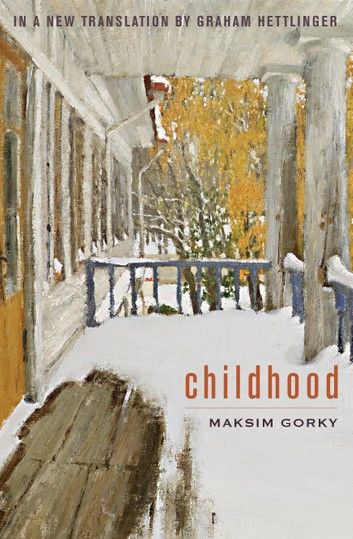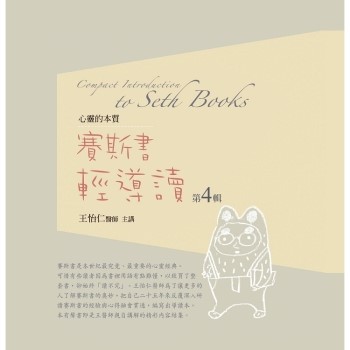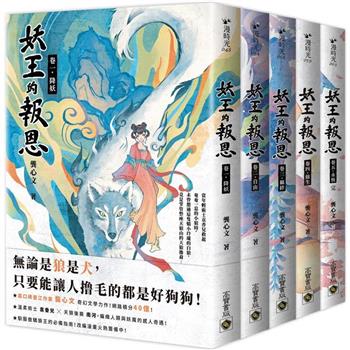Aleksey Peshkov overcame indigence, violence, and suicidal despair to become Maksim Gorky, one of the most widely read and influential writers of the twentieth century. Childhood, the first book in Gorky's acclaimed autobiographical trilogy, depictshis early years, when after his father's death he was taken to live in the home of his maternal grandfather, a violent and vindictive man who both provided the child with a rudimentary education and subjected him to savage beatings. With remarkable freshness and candor, Gorky immerses his reader in a young child's world, recreating in dynamic prose a boy's bewilderment at the senseless cruelty that surrounds him, his solace in the quiet beauty of the natural world, and his often funny, guileless observations of the many vivid characters who enter his early life. At the center of this story stands Gorky's grandmother, Akulina Kashirina, one of Russian literature's most remarkable heroines. Her tender love for her grandson serves as a vital antidote tothe brutality that threatens to consume him. Her buoyant faith in a merciful, loving, but limited God provides the young Gorky with a life-affirming alternative to the vengeful, omniscient deity his grandfather worships ardently. Although often unsettling in its portrayal of the poverty and ignorance that gripped nineteenth-century Russia, Childhood is ultimately a heartening account of a young boy's formative struggle to overcome the limitations of a decaying and corrupt society, and the remarkable old woman who enabled him to succeed and instilled in him an abiding, fierce compassion for Russia's destitute and defenseless. Childhood is freshly and beautifully translated by Graham Hettlinger, lauded for his translations of Ivan Bunin.












